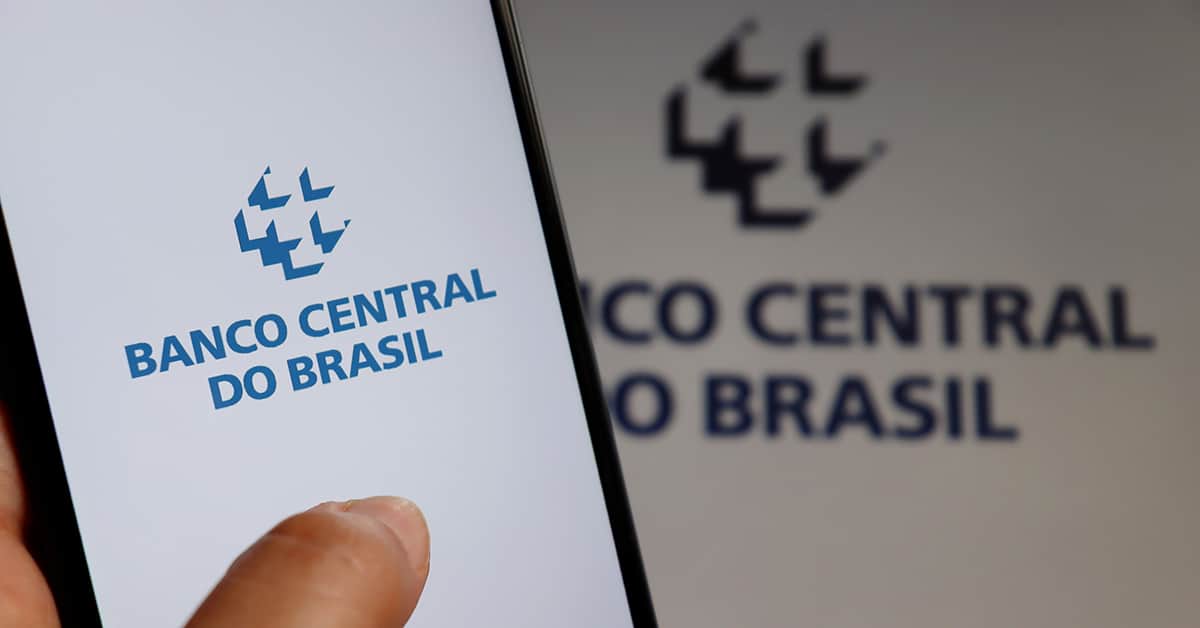Brazil is striving to become Latin America's fintech hub.

In Brazil, there are a lot of online advertisements about creating fintechs and opening digital banks in just 48 hours. This is part of an environment of competition in Brazil´s financial system, which is only just beginning.
The Central Bank of Brazil—Banco Central do Brasil, or BCB—is working hard to create an environment of competition in Brazil’s financial system that will result in new banking solutions.
In May, BCB issued a regulation on open banking that allows the sharing of registration and transactional data about financial institutions’ customers from people or legal entities, at the customer´s discretion.
In March, the central bank issued another regulation about Payments Institutions. Nubank, a privately held digital-only bank in Brazil, which received $500 million in investment from Warren Buffett’s Berkshire Hathaway, is one of these payments institutions.
The new regulation for Payments Institutions focuses on consumer safety and requires institutions that issue digital currency or initiate payment transactions to be registered with the central bank. Other payment institutions don´t need to register.
For payment institutions that issue digital currency and that were established before March 2021, the regulation prescribes different periods for registration in 2021, 2022 or 2023, depending on how much money each institution deals in or maintains in customer accounts annually.
BCB knows that fintechs can also help to provide financial services to people who are unbanked. In Brazil, more than 90% of households own a mobile phone. Of course, traditional banks use mobile apps, too, and are noticing the competition from fintechs.
Due to the pandemic, much of the Brazilian government’s assistance to poor families arrived through the national bank Caixa Economica Federal’s app. More than 100 million accounts were opened last year using the app, said the bank.



